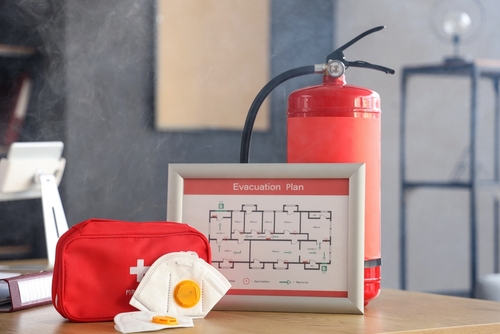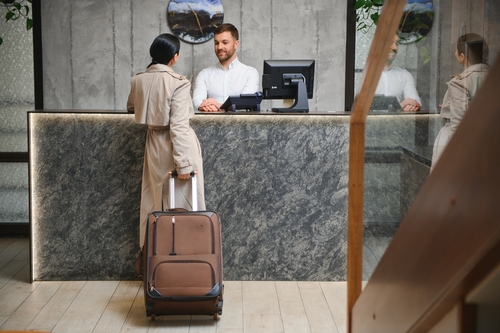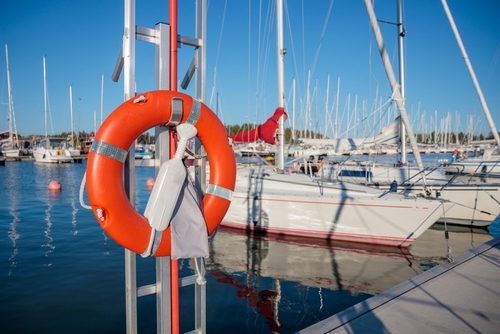If you have just opened a coffee shop, or you are thinking of doing so, you might be wondering about your insurance requirements.
At James Hallam, we have been supporting coffee shops across the UK since 1982. We can help you get the insurance you need whether you run a single coffee shop, a chain of coffee shops, or a coffee van. Learn more about how we can support you.
In this post we will outline some of the insurance products you might need to protect your coffee shop against all possible risks.
Employer’s Liability Insurance
If you employ any staff, even if they are members of your own family, this is one form of cover that you are required to have by law. Employer’s liability insurance covers you for claims made by your employees for any injuries or illnesses they sustain while on the job.
Public Liability Insurance
While employer’s liability insurance will cover you for claims made by your employees, public liability insurance will cover you for claims made by members of the public.
If somebody slips or trips while on your premises, whether they are a customer, a tradesman, a delivery driver, or any other member of the public, they may make a claim against you. In this case, public liability insurance can cover any legal fees or compensation payments that may arise as a result of the claim.
This form of insurance can also cover damage to property – such as if you accidentally spill a cup of coffee over a customer’s laptop.
Product Liability Insurance
Any business that serves food or drink to members of the public should consider product liability insurance. If a customer falls ill having consumed food or drink you sold on your premises, or if they suffered an allergic reaction, they may make a claim against you. In which case, product liability insurance can cover any legal fees or compensation that may be due.
Business Interruption Insurance
This can give you a lump sum payment should any event ever prevent you from opening or running your coffee shop. Business interruption insurance can cover you for fires, floods, break-ins, and more.
Contents Insurance
This is cover for the equipment you use to make and serve your coffee, along with the fixtures and fittings in your coffee shop, including your chairs and tables. If anything is ever lost, destroyed, or damaged by a flood, fire, or a theft, contents insurance can cover the costs of repairs or replacements.
Coffee Van Insurance
If you run a mobile coffee van, or pop-up coffee shops at events, you can tailor your insurance to cover the specific risks you face. This can include cover for your vehicle, as well as specialist public liability insurance to cover the risks you may not face when running a static coffee shop (for example, accidentally hitting someone when you open the hatch).
Get Bespoke Cover For Your Coffee Shop From James Hallam
James Hallam is an independent Lloyd’s broker with a dedicated team of experienced insurance professionals who care about protecting your coffee shop.
Whether you run a single coffee shop, a chain of coffee shops, or a mobile coffee van, we can help you get the insurance you need at the most competitive price.
Learn more about how we can support you here.












